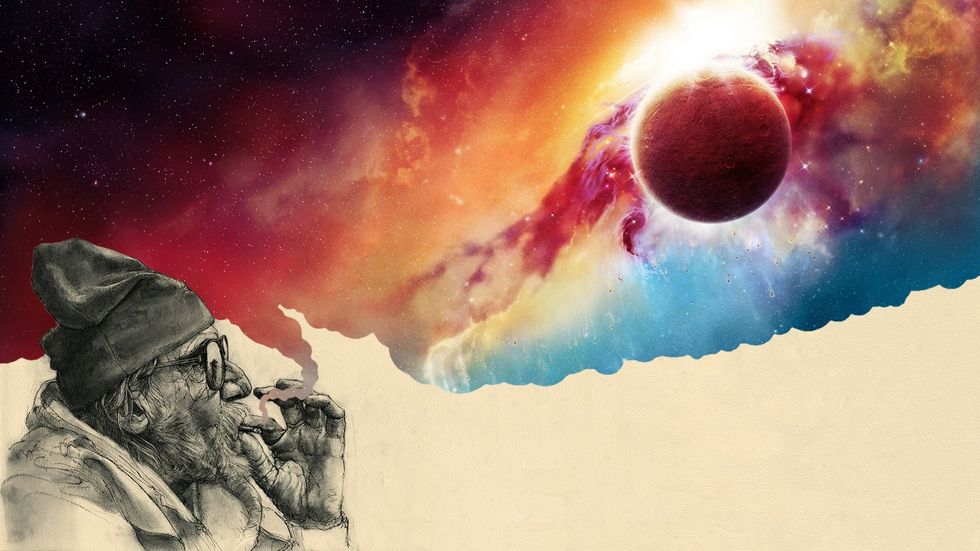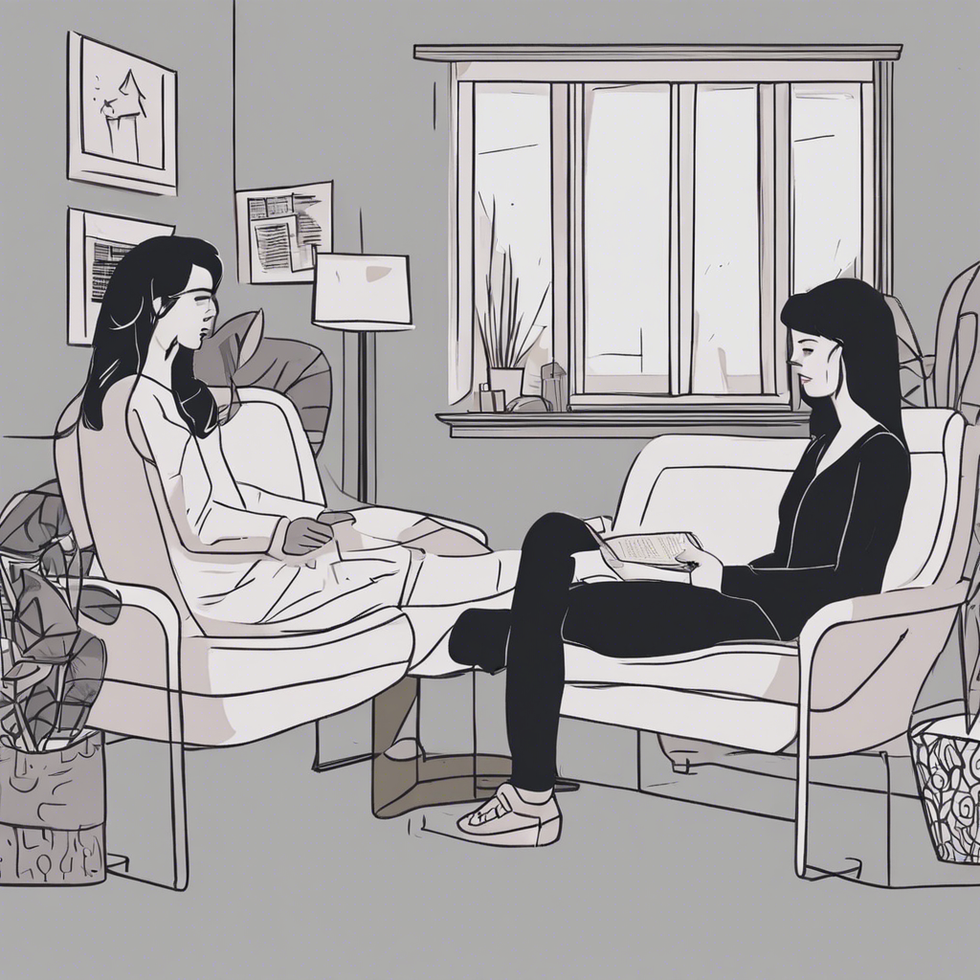The “end of inquiry” is an ancient idea pondered by philosophers since Plato, and it still maintains relevance even today. It invokes questions about truth and the nature of reality. It beckons forth our dogmatic presuppositions and those systems of thought commonly taken for granted and exposes their inconsistencies. The end of inquiry is that which all members of a community would believe as the truth if we could no longer pose meaningful questions about some subject of thought. In other words, once we can no longer question something, then we have the right to say we know it or understand it as absolute truth.
The idea is is that if we can still pose questions about a topic, then we can still doubt its reality. And if we can still doubt the reality of something, then we can’t reasonably say we know it as true.
Let’s consider, for example, an atom. You might have learned in high school that atoms have different properties and that these properties arise from the number of protons and electrons possessed by the atom. Okay, great. So now we can say that we know why atoms have different properties, right? Well, not really. Now we can ask why this and that collection of protons and electrons brings about this and that property.
It’s a question of why “A=B.” Why does this atom with this collection of protons and electrons (A) equal this property (B)?
It’s also a question of cause and effect. Why does “A” cause “B?” Or why do these protons and electrons cause this property?
If this all seems confusing to you, that’s because it is. The “truth” is is that we don’t really understand the nature and reality of things, except maybe at a surface level. We also don’t understand cause and effect. We only correlate the occurrence of one fact with the occurrence of another. This is an idea invoked by David Hume with his infamous problem of induction, which I’ve written about in a previous article.
This problem is intriguing, but perhaps it’s really a non-problem and philosophers are concerning themselves with fanciful notions and insurmountable intellectual fantasies.
The glaring issue with this philosophical dilemma, if you haven’t seen it by now, is how we would recognize the end of inquiry had we reached it. In other words, if we did discover the truth, would we as human-beings recognize it? If we found that we could no longer question something, then perhaps we had simply exhausted our creativity in asking the right questions.
Furthermore, is absolute truth even useful for us? Certainly, science has made much progress without fully understanding the nature and reality of things, so what more do humans need?
I find these questions interesting because they expose something peculiar about the human condition. The human condition is something fragile, ephemeral, and uncertain. But we’ve made progress, and we’ve solidly planted our feet in our humble patch of the universe. Absolute truth is likely a fiction conjured by sincere yet misguided minds. We ought to revel in our uncertainties because then, as least, we will discover happiness.



 Photo by
Photo by  Photo by
Photo by 

 Photo by
Photo by  person holding black smartphone on white textile
Photo by
person holding black smartphone on white textile
Photo by  StableDiffusion
StableDiffusion
 Photo by
Photo by  Photo by
Photo by 
 roommate as a therapist
StableDiffusion
roommate as a therapist
StableDiffusion
 woman in white shirt eating pizza
Photo by
woman in white shirt eating pizza
Photo by  person holding remote pointing at TV
Photo by
person holding remote pointing at TV
Photo by  person holding assorted clothes in wooden hanger
Photo by
person holding assorted clothes in wooden hanger
Photo by  a couple of
a couple of  friends cleaning apartment
StableDiffusion
friends cleaning apartment
StableDiffusion
 man driving car during golden hour
Photo by
man driving car during golden hour
Photo by  bacon strips and melted cheese topped fries on oval white and blue platter with gray stainless steel forks
Photo by
bacon strips and melted cheese topped fries on oval white and blue platter with gray stainless steel forks
Photo by  selective focus photography of eyeshadow palette
Photo by
selective focus photography of eyeshadow palette
Photo by  brown wooden framed white padded chair in between green indoor leaf plants inside bedroom
Photo by
brown wooden framed white padded chair in between green indoor leaf plants inside bedroom
Photo by  women forming
women forming  taking
taking  man in red polo shirt pouring wine on clear wine glass
Photo by
man in red polo shirt pouring wine on clear wine glass
Photo by  woman in black jacket standing on road during daytime
Photo by
woman in black jacket standing on road during daytime
Photo by 
 StableDiffusion
StableDiffusion
 StableDiffusion
StableDiffusion
 student thinking i shouldnt have procrastinated all semester
StableDiffusion
student thinking i shouldnt have procrastinated all semester
StableDiffusion
 Photo by
Photo by  Photo by
Photo by  Photo by
Photo by  StableDiffusion
StableDiffusion
 StableDiffusion
StableDiffusion
 Photo by
Photo by  Photo by
Photo by 








